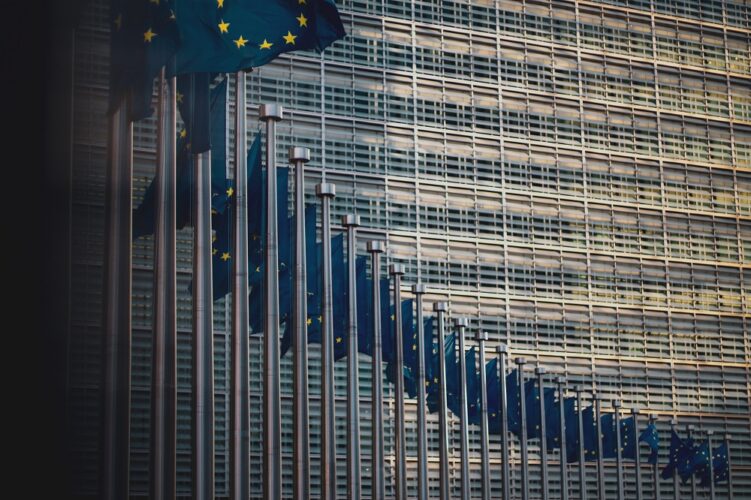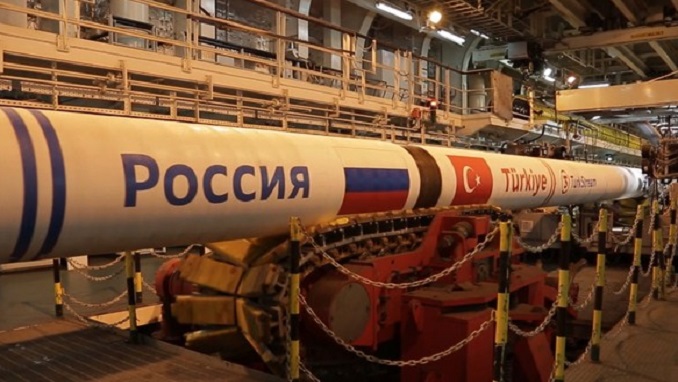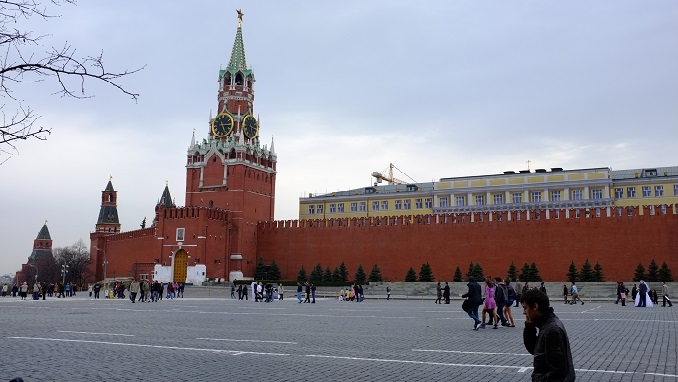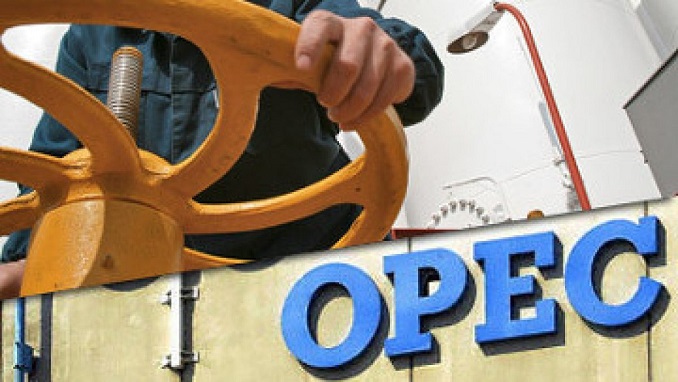Another European Union summit on Wednesday is expected to focus on the pressing issue of whether, when, and how to restrict gas prices as officials pursue a common strategy to combat rising gas prices – an agreement that has evaded them for weeks.
The 27-nation EU is preparing its next course of action as Europe prepares for a winter of insufficient Russian gas, a cost-of-living problem, and the approaching possibility of a recession.
“We need to find a quick solution that will be applicable to all the European Union,” a senior EU official said, as quoted by Reuters. “National solutions are not a way forward.”
On Wednesday, EU energy ministers will gather in Prague in an effort to provide the European Commission with more specific guidelines for the next urgent energy policy the EU should consider.
Still, though, nations are unable to agree on their priorities.
The majority of EU nations say they support a gas price cap but differ on its specifics since gas prices are about 90% higher than they were a year ago. Germany, the largest gas market in Europe, is among those that continue to be hostile.
The recent week’s discussions among EU leaders achieved nothing to define the future steps. One EU diplomat referred to the several possibilities being considered, such as a price ceiling on all gas, pipeline gas, or simply gas used to generate power, and stated that the conversations “went in all directions.”
No “unified signal,” according to a second EU official, had emerged from the presidents’ discussions. Regarding the meeting on Wednesday, the diplomat added, “I’d say expectations are low.”
Others were more optimistic that a consensus was developing. According to the top EU official, governments are looking to the “Iberian model” of regulating the price of gas used for power generation as a temporary solution.
To combat the spike in energy costs brought on by Russia’s reduction in gas supplies since its invasion of Ukraine, EU nations have already quickly passed emergency energy windfall profit levies, gas storage filling duties, and power use limitations.
But with Germany announcing it would invest up to 200 billion euros to protect its consumers and companies from high energy costs, there has been greater pressure to agree to further EU-wide measures. This has caused other nations to complain about the unequal distribution of national funding.



